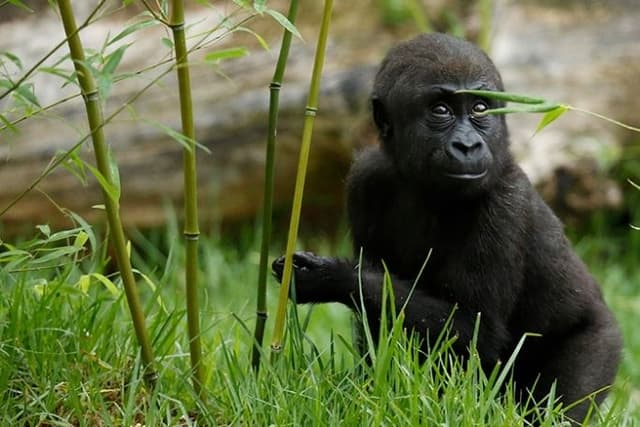
Fighting Extinction - Zoos - For People or Animals?
Lesson1 of 2 in this unit
SecondaryYear 7 - 8ScienceEnvironmentalBiodiversityConservationSustainability
Summary
Lesson guides and printables
Lesson Plan

Student Worksheet

Teacher Content Info


Lesson Plan

Student Worksheet

Teacher Content Info
